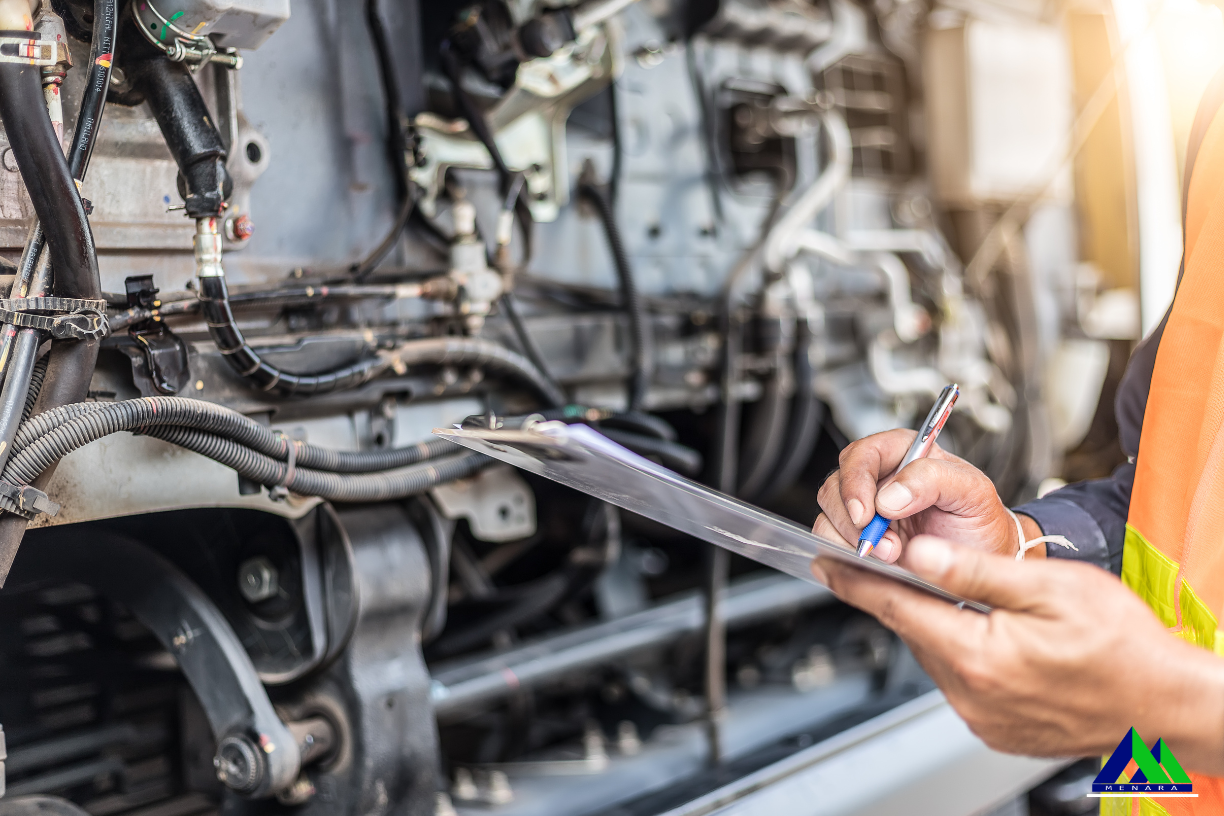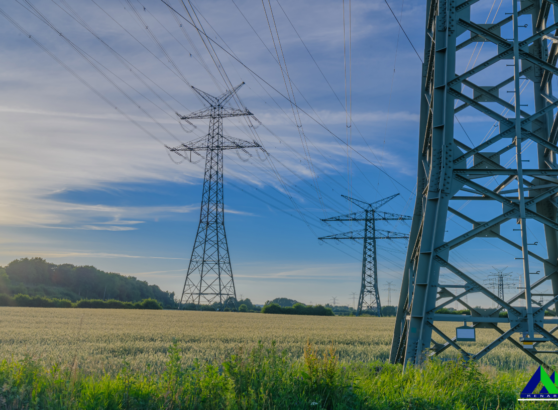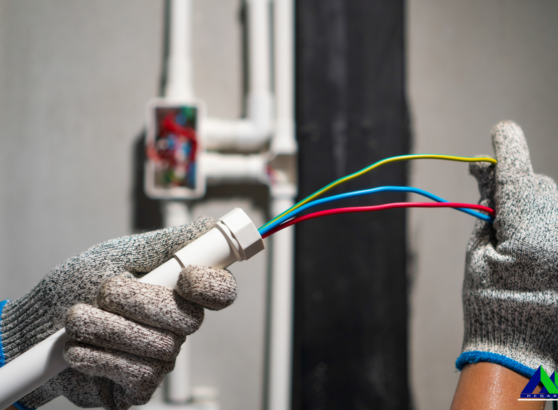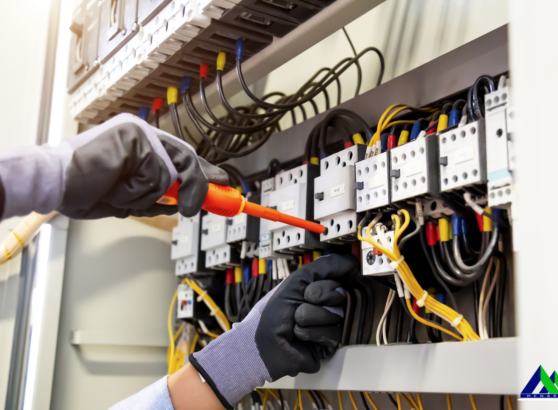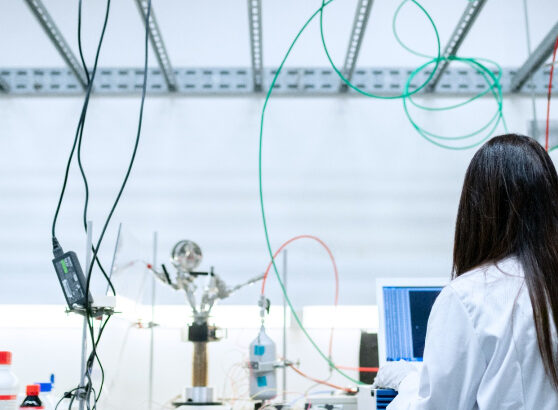In today’s interconnected world, electrical systems form the backbone of our daily operations, powering everything from simple household appliances to complex industrial machinery. However, the reliability of these systems is often taken for granted until a malfunction occurs. This is where preventive maintenance plays a crucial role. By implementing regular check-ups and proactive measures, businesses and homeowners can ensure the longevity, safety, and efficiency of their electrical systems – in line with the ethos of safety in the workplace. Let’s delve into why preventive maintenance is not just important, but essential for electrical systems.
Enhancing Safety Through Preventive Maintenance
Safety is paramount when it comes to electrical systems. Faulty wiring, overloaded circuits, and worn-out components can lead to electrical fires, shocks, or even fatalities. Preventive maintenance helps identify potential hazards before they escalate into dangerous situations. Regular inspections can reveal:
- Loose connections
- Frayed wires
- Outdated components
- Overheating issues
- Improper grounding
By addressing these issues proactively, the risk of electrical accidents is significantly reduced, creating a safer environment for both residential and commercial spaces.
Improving System Reliability
Unexpected electrical failures can be costly and disruptive. In industrial settings, downtime due to electrical issues can result in substantial financial losses and production delays. For homeowners, it can mean inconvenience and potential damage to appliances. Preventive maintenance helps ensure that electrical systems operate reliably. Through routine checks and timely repairs, potential problems are identified and resolved before they cause system failures. This proactive approach minimizes unexpected breakdowns, ensuring consistent power supply and smooth operations.
Extending Equipment Lifespan
Electrical components, like any other equipment, have a finite lifespan. However, proper maintenance can significantly extend their operational life. Regular cleaning, tightening of connections, and replacement of worn parts can prevent premature degradation of electrical systems. This not only saves money in the long run by delaying the need for major replacements but also ensures that the system operates at peak efficiency throughout its lifecycle.
Enhancing Energy Efficiency
An often-overlooked benefit of preventive maintenance is its impact on energy efficiency. Poorly maintained electrical systems can consume more energy than necessary. Loose connections, dirty components, and outdated equipment can lead to energy wastage, resulting in higher electricity bills. Through regular maintenance, these inefficiencies are identified and corrected, leading to optimized energy consumption. This not only reduces operational costs but also contributes to environmental sustainability by lowering overall energy demand.
Compliance with Regulations
Many industries are subject to strict regulations regarding electrical safety and maintenance. Regular preventive maintenance helps ensure compliance with these standards. This is particularly crucial for businesses, as non-compliance can result in:
- Hefty fines
- Legal issues
- Damage to reputation
- Loss of operating licenses
- Increased insurance premiums
By maintaining detailed records of electrical system inspections and maintenance, organizations can demonstrate their commitment to safety and regulatory compliance.
Cost-Effective in the Long Run
While some may view preventive maintenance as an unnecessary expense, it is actually a cost-effective strategy in the long term. The cost of routine maintenance is typically far less than the expenses incurred due to major repairs or system replacements following a catastrophic failure. Moreover, well-maintained systems operate more efficiently, leading to lower energy costs. By investing in preventive maintenance, businesses and homeowners can avoid unexpected expenses and budget more effectively for their electrical needs.
Customized Maintenance Plans
Effective preventive maintenance is not a one-size-fits-all approach. Different electrical systems have varying needs based on their usage, environment, and complexity. A tailored maintenance plan takes into account the specific requirements of each system, ensuring that all critical components receive appropriate attention. This customized approach maximizes the effectiveness of maintenance efforts, providing optimal protection and performance for each unique electrical setup.
Conclusion
The importance of preventive maintenance for electrical systems cannot be overstated. From enhancing safety and reliability to improving energy efficiency and cost-effectiveness, the benefits are numerous and far-reaching. In an age where we are increasingly dependent on electrical systems, neglecting maintenance is not an option. By embracing a proactive approach to electrical system care, we not only protect our investments but also ensure a safer, more efficient, and sustainable future.
Whether you’re a homeowner or a business owner, implementing a robust preventive maintenance program for your electrical systems is a wise decision. Here’s a handy checklist for your reference. It’s an investment in safety, reliability, and peace of mind. Remember, when it comes to electrical systems, prevention is always better than cure.

